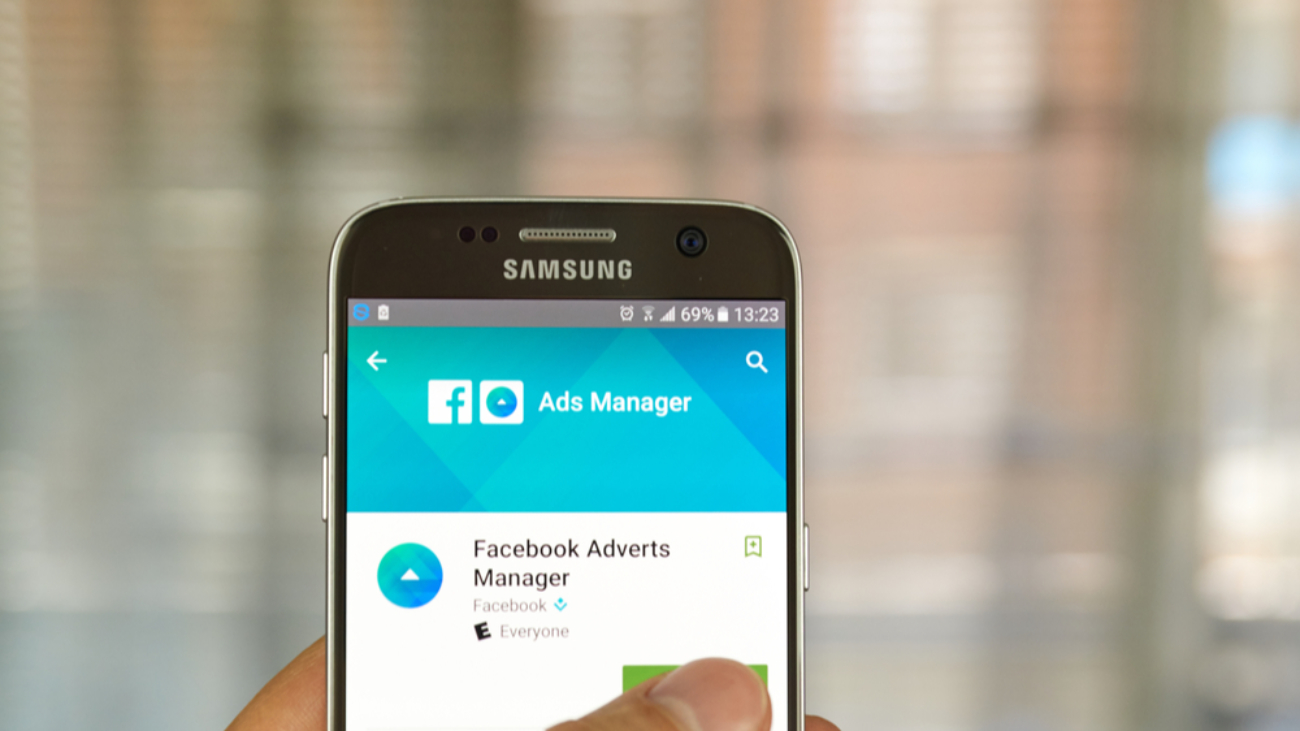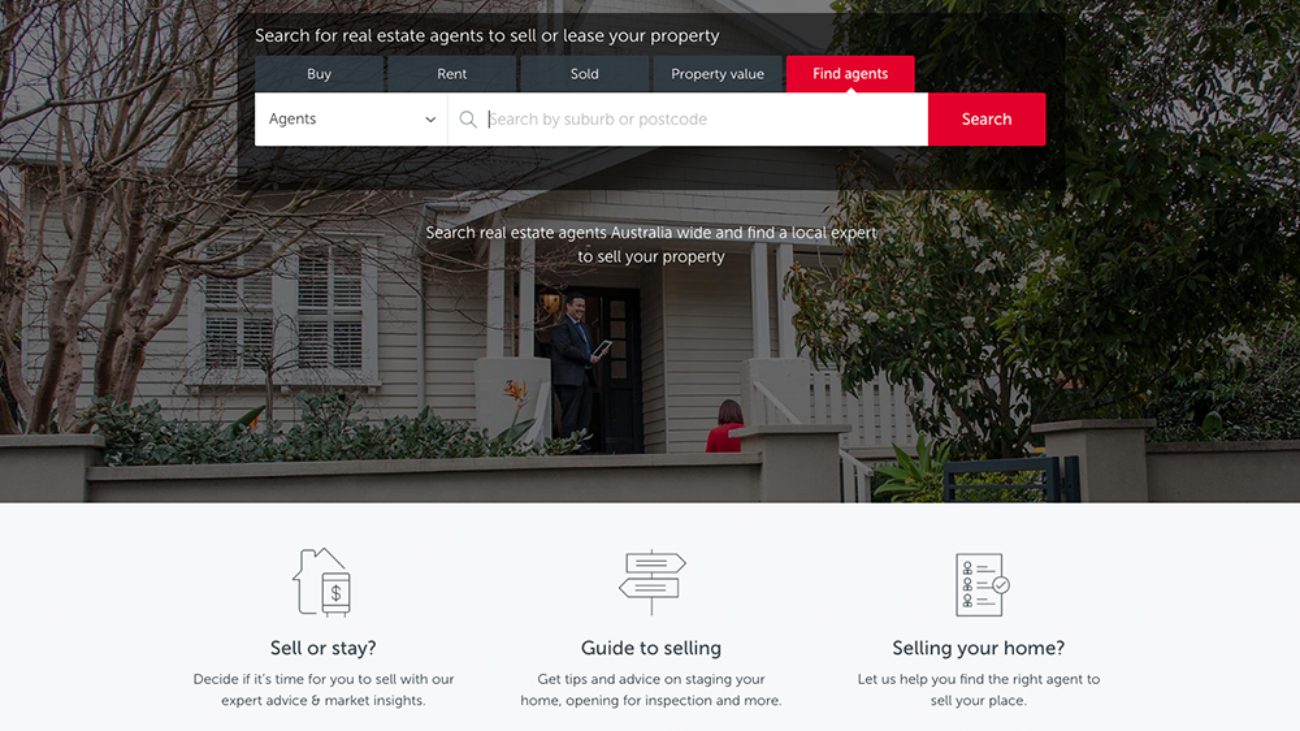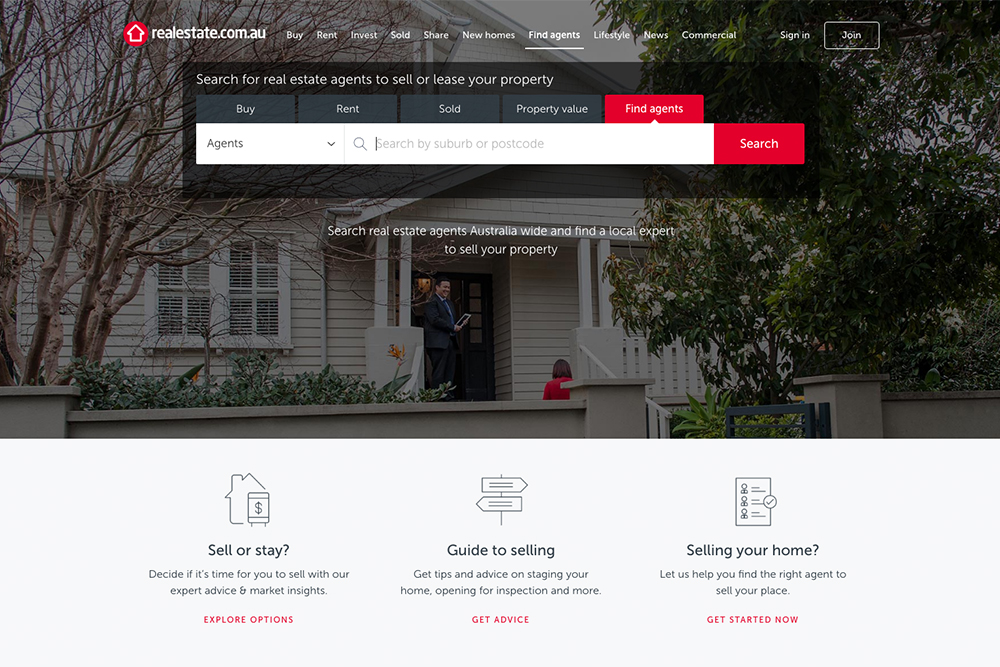 Now more than ever before, social media is pay to play. And if you want to get the right kind of attention for your real estate content, you need to be able to fork over a sizeable amount of cash.
Now more than ever before, social media is pay to play. And if you want to get the right kind of attention for your real estate content, you need to be able to fork over a sizeable amount of cash.
As a result, making the most of the money you’ve got should be top of your marketing priorities. And your Facebook advertising strategy should be your first port of call.
Fortunately, there are 5 quick steps you can take to optimise your social media advertising strategy and get it working for you, not against you. Read on to find out more:
1) Build a Custom Audience by Importing Your Database
It’s no secret that selling to an existing client is a much easier feat than building new relationships. And Facebook custom audiences plays off this. Instead of creating a completely fresh audience, which requires a lot of trial and error to get it right, you can upload your current client database and let Facebook do the hard work for you.
It’ll pair your current email addresses and contact information to Facebook accounts, allowing you to remarket your services with ease.
2) Utilise Dynamic Ads to Remarket to Viewers
It’s common for agents to have a large number of properties in their portfolio at one time, and it can be tricky to keep track of who’s seen what. With Facebook Dynamic Ads, you can actually target people based on which properties they’ve viewed on your website, displaying more detailed information about the property on their news feed.
This saves you from having to run dozens of ads for your current listings, as Facebook will track which page they’ve visited and pull the related information for you.
To use Dynamic Ads, you’ll need to have a product catalogue set up within your Facebook account. Since your listings likely change on a regular basis, we recommend utilising an XML format catalogue so your ads will remain on autopilot.
3) Send Traffic to Your Site, not Property Portals
When one of your Facebook ads directs people to a page on a property portal, the owner of that portal owns that data, not you.
If you send people to your site instead, you can capitalise on that by using their data for remarketing or custom audience creation. You’ll also be able to build a stronger picture of who your target audience actually are, helping you to advertise more accurately in the future.
4) Create Video Ads to Boost Engagement and Awareness
If a picture speaks a thousand words, a marketing video is the next level of storytelling. Real estate is a visual market, so if you can show off the character and charm your properties have, you’ll be able to give your target audience a true sense of what it would be like to live within that property.
The optimal length for a video is 2 minutes, and don’t worry if you can’t afford a professional videographer. You can either make a video using a slideshow of images you’ve already taken, or use one of the many available smartphone apps to shoot it yourself.
5) Generate Appraisal Leads
This is ideal as part of a broader marketing strategy if you’re looking to take on more listings. It involves capitalising on how people are already interacting with your ads and web content, then using Dynamic Ads to retarget these people. From here, you’ll be able to build a pretty solid picture of people looking to sell, and push the offer of a free appraisal.
Facebook Lead Ads allow you to collect contact information and other data direct from the ad with a contact form, meaning you’ll be able to follow up with them quickly and easily. And whilst this shouldn’t be your only form of advertising, it can definitely pull its weight alongside some of the other methods mentioned above.





 The real estate industry is sadly plagued with low expectations when it comes to clients trusting in their chosen agency. Real estate agents were ranked as the third least trusted industry professional in Australia in 2017.
The real estate industry is sadly plagued with low expectations when it comes to clients trusting in their chosen agency. Real estate agents were ranked as the third least trusted industry professional in Australia in 2017.
 With 2017 firmly drawn to a close and 2018 rolling by already, it’s a time to look forwards to the remaining and new digital trends on the up in the new year. The last 12 months has been revolutionary in terms of how brands connect with their audience, so it’s time for real estate agents to grab a slice of that pie too.
With 2017 firmly drawn to a close and 2018 rolling by already, it’s a time to look forwards to the remaining and new digital trends on the up in the new year. The last 12 months has been revolutionary in terms of how brands connect with their audience, so it’s time for real estate agents to grab a slice of that pie too.
 Over the years you’ll gain an eye for being able to identify talented staff who you may want to add to your ranks – until then, here are 4 easy ways to spot potential talent for your real estate agency.
Over the years you’ll gain an eye for being able to identify talented staff who you may want to add to your ranks – until then, here are 4 easy ways to spot potential talent for your real estate agency.
 Accumulating as many listings is clearly the aim for most real estate agents. Some clients however, just won’t be worth the time, effort or potential revenue.
Accumulating as many listings is clearly the aim for most real estate agents. Some clients however, just won’t be worth the time, effort or potential revenue.
 Social media is a great way to bring in more clients, if you use it correctly. Here are some tips to help you make the most of this great tool so that you can win more clients:
Social media is a great way to bring in more clients, if you use it correctly. Here are some tips to help you make the most of this great tool so that you can win more clients: